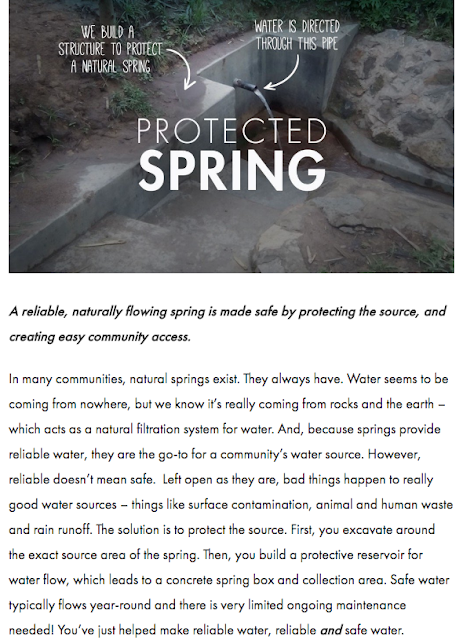Thanks to Mrs. Kosakowski and Mrs. Klipfel, our digital literacy specialists, students were able to participate in the ultimate Breakout EDU experience, using teamwork and critical thinking to solve a series of challenging puzzles related to map skills in order to open a locked box of treasure. It's similar to an "escape room" strategy.
Breakout EDU games can be used to introduce a new lesson or concept, or to reinforce and strengthen learning. The games provide a student-centered learning experience where students use critical thinking, collaboration, creativity and communication to problem-solve and own their learning, apply their understanding of new content or even discover it. One of the best aspects of these games is that they provide students with many opportunities to fail forward. Every unsuccessful attempt to solve a puzzle and open a lock forces the player to try again. These geography-savvy sixth graders were determined to solve all of the puzzles within the allotted 45-minute timeframe. The first team broke the codes within 41 minutes and the second team broke them within 44 minutes - just under the wire! It was just as thrilling for me to observe as it was for students to participate - it was wonderful to see them supporting one another as learners and persevering through the more difficult aspects of the challenge. Student feedback: "Please, can we do another one soon?" You can bet we will and next time, we'll level up!


















